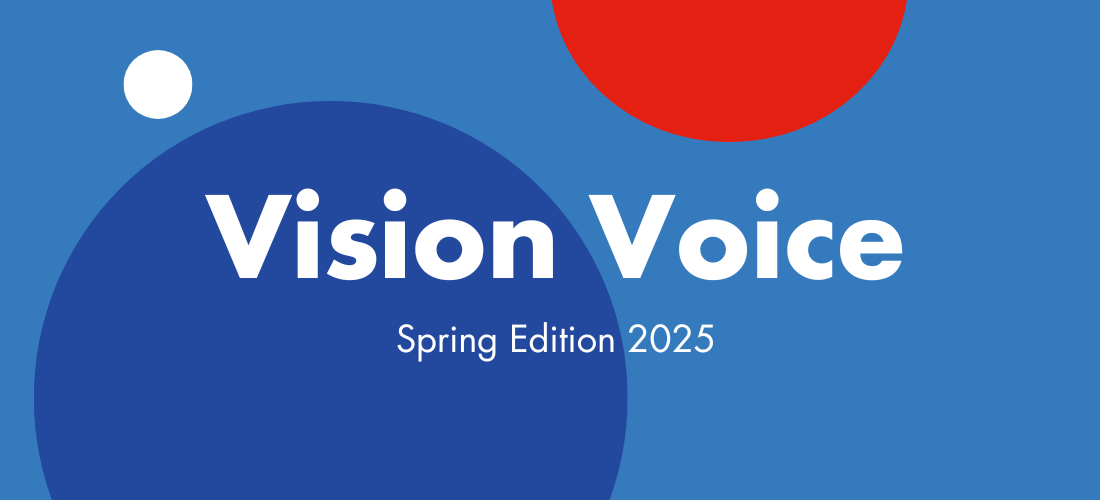Living with vision loss
Living with vision loss can be challenging. It can impact your quality of life and your independence.
No one’s experience of living with vision loss is the same.
The impact of your vision loss will depend upon your eye condition and how much of your vision remains. It will also depend on how you respond personally.
Your living situation and your stage of life will also make a huge difference to how vision loss changes your day-to-day situation.
But with the right information and support, it’s possible to live well, and live independently.
Quality of life
Low vision can impact many areas of your life, but just how much you feel the overall impact will depend on a number of factors.
Your vision
Your eye condition will determine how your vision is affected. Visual acuity, visual field and contrast sensitivity will determine the extent of your vision loss.
Social impact
Social isolation can occur because of loss of mobility or depression.
Psychological factors
For the newly diagnosed, blindness and low vision can bring about feelings of helplessness, confusion and anxiety. There is a risk of developing depression.
Functional capacity
Low vision can affect the way you function in everyday life, because your mobility and independence may be affected.
Economic factors
If you have to leave paid employment, this can have an significant impact on you and your family.
There’s no doubt that it will take time to adjust to living with limited vision.
Macular Disease Foundation Australia is here to provide you with advice and support throughout your journey. All our services are free.


















